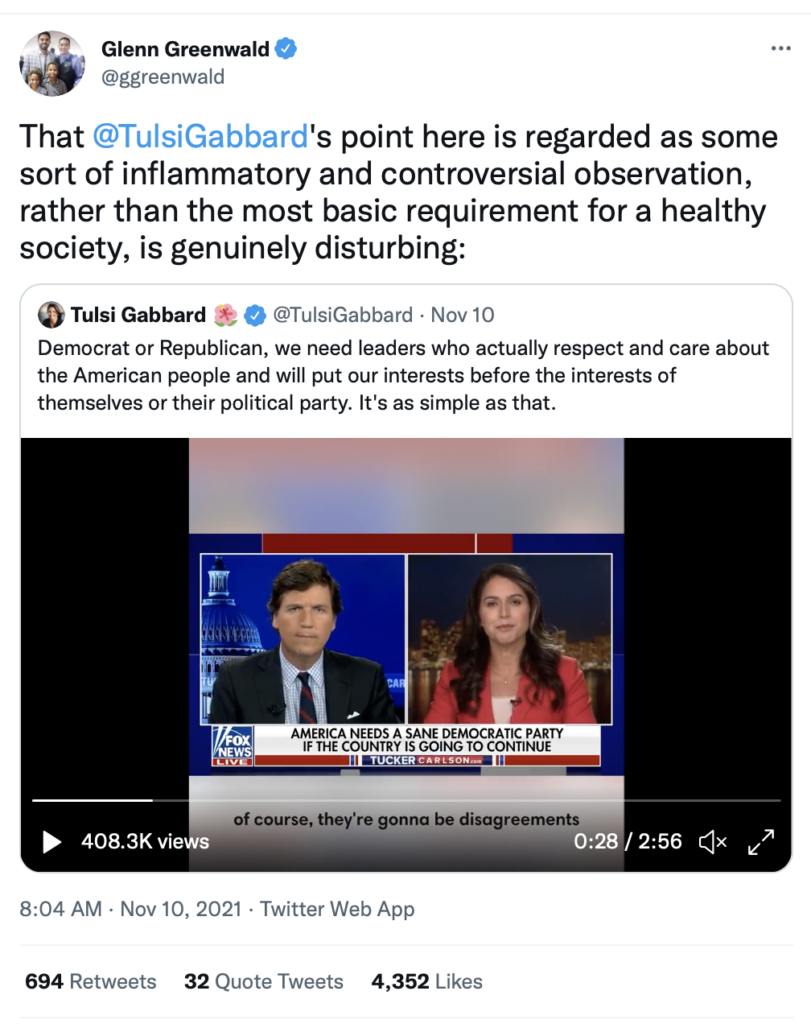Katie Couric now admits that she censored Ruth Bader Ginsburg's comments regarding kneeling during the national anthem to "protect" RGB. Here is an excerpt from the NY Post:
Couric, being a “big RBG fan” and feeling protective of her and the controversy the comments would likely embroil her in, wrote in the book that she “lost a lot of sleep” and felt extremely “conflicted” over deciding whether she should include Ginsburg’s full thoughts on the matter.
In her new book Couric claims that she withheld the full quote (which would have been highly newsworthy) because RBG “was elderly and probably didn’t understand the question.”
What did RBG actually say in 2016? Here are a few screen shots from the New York Post:



Note that for Couric, RBG was too old to understand Couric's question but not too old to serve as a high-functioning Justice on the Supreme Court.
Here's what is really going on: RBG's statement simply didn't fit the preconceived media narrative Couric was serving up. That was the real problem. Modern journalism is both what they tell you and what they withhold from you. They are not content to tell you facts so that you can think for yourself. They want to tell you how to think and they do this by misleading you.
BTW, this is not the first left-leaning institution that refused to accurately report the words of their hero, RGB. Remember what the ACLU recently did?






